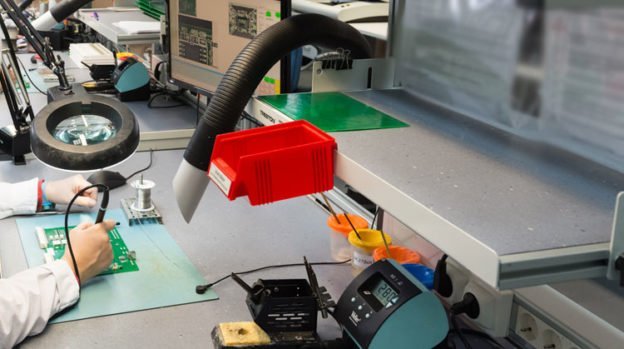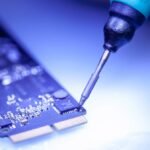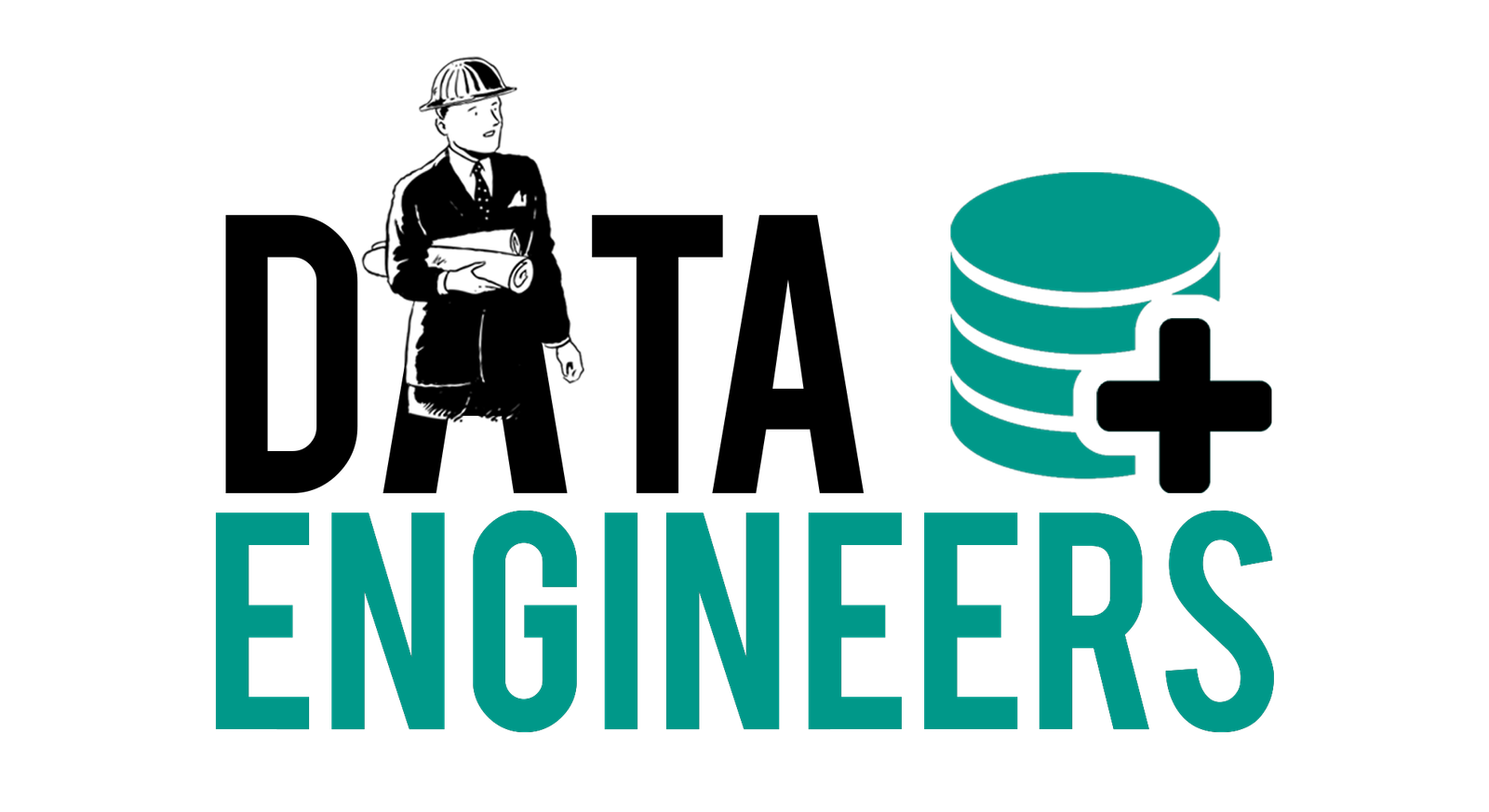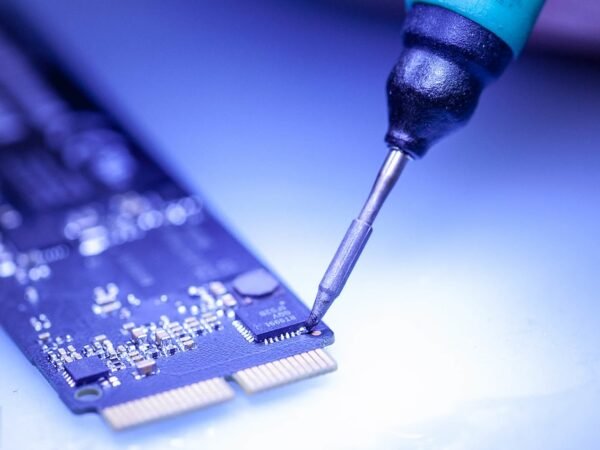SSD (SOLID STATE DRIVE) DATA RECOVERY
SSD’s or Solid State Drives to give them their full title are relatively new devices that store computer data in non-volatile memory chips and contain no moving parts – simply imagine a memory stick that plugs into your computer’s USB port but with a much larger storage capacity and you have in essence what an SSD actually is.
SSD’s are very different to their conventional hard disk drive (HDD) counterparts that use magnetically coated rotating platters to hold data. Compared to hard drives, SSDs are typically less prone to physical damage and are far more resilient. It’s important to note however, that this does not mean they are indestructible. SSD’s still fail at rates similar to HDD’s. but in different ways.
MAIN CAUSES OF SSD FAILURE
Loss of data on SSD’s can be due to a variety of reasons and some common types of SSD failure include:
– Damage to the drive’s firmware zone
– The SSD is no longer recognised
– Electronic faults
– Physical damage
– Service Area corruption
– Damaged controller
– Logical data corruption
– Accidental deletion of files and folders
As discussed above, SSD hard drives fail just like their HDD counterparts but in different ways. Whereas HDD hard drives will often fail with a problem related to their moving mechanical parts, SSD’s usually fail with problems:
– Buggy Microprogramming
– With Electronic Issues
– With Data or File System corruption
SSD Data Recovery is possible and but is highly specialized. We recommend sending the drive to us as we have a good success rate with SSD’s, but of course it’s on a case by case basis and we would need to diagnose the exact problem with your hard drive before knowing whether a recovery of data is possible.
Few SSD Manufacturer produced SSD drives which had bugs in it’s microprogramming causing it to hibernate in certain circumstances. It was not possible to wake the drive from hibernation – and to this day there is no data recovery fix for this problem.

Our Benefits
We have the latest technology, tools & equipment required for safe & secure data recovery

Logical Recovery

Physical Recovery
Frequently Asked Questions
We support almost all types of SSD’s: SATA, USB, M.2, MSATA, NVMe, NGFF, Mini PCIe SSD’s etc.. We also support most storage media.
It is strongly recommended to consult a specialist before taking any action. We have had to deal with disks that have undergone interventions that made the data unrecoverable for good. SSD’s are sensitive and very fragile equipment, an expertise is necessary to be able to handle them.
Yes. Data Recovery Experts at Data Engineers can recover data from a corrupted or physical damage SSD. Our data recovery process depends on the failed drive’s specifics and architecture. Once we have that information, we can develop a plan and provide you with an estimate of the time and cost of the recovery.
We ensure total traceability and confidentiality of all documents and media that reach us, from their delivery in person until their return to the customer. Our systems comply with the latest security standards (surveillance cameras, secure equipment, user rights). In addition, each employee must sign a confidentiality agreement before being recruited by Data Engineers. Our security extends even to the software level: all our devices are secured by software and by access rights. Finally, our premises are guarded 24/7.

